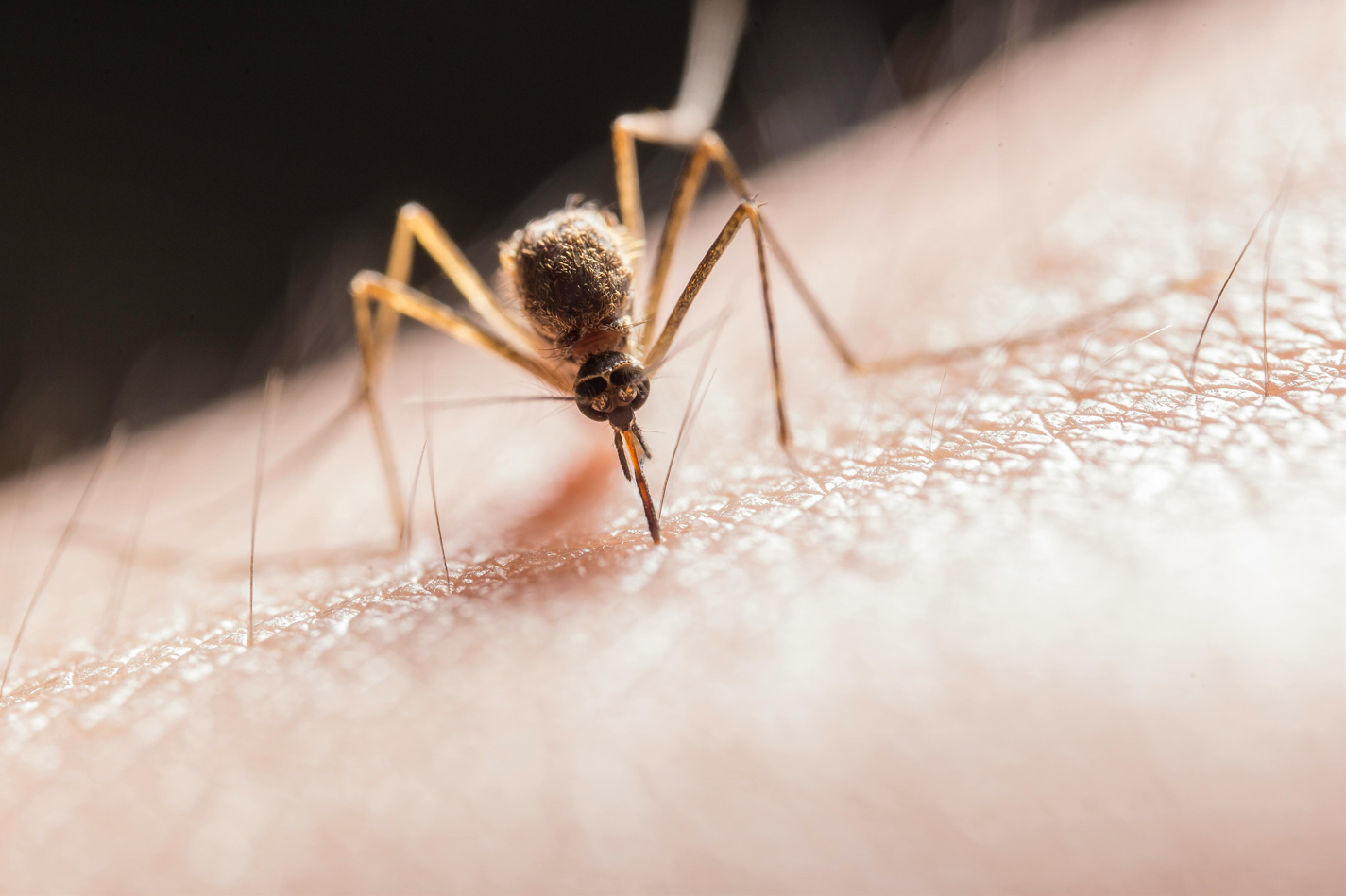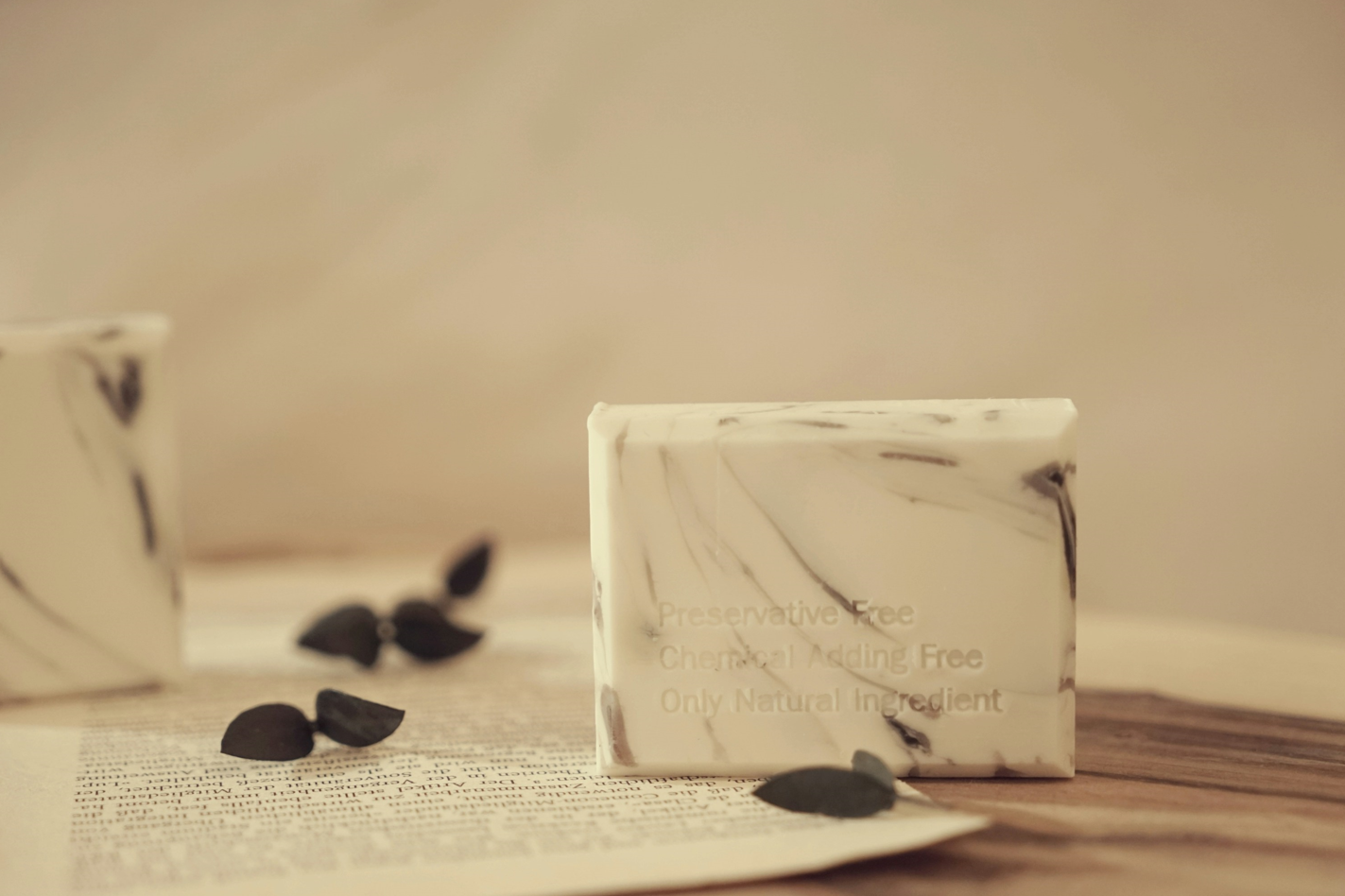When we talk about bugs, we don’t usually focus on how magnificent an appearance they have. No, we most often complain about how they bug us – literally. Since we are in the middle of the summer season, insects are not a strange occurrence. Everywhere you turn – be that your home, outside, your office – they’re all around you! And somehow, it seems like your skin becomes quite appealing to them during this period.
We understand where you’re coming from since we share the same frustration. We all want to keep the insects away from us and lead our days undisturbed. Although, we bet that you think this often seems impossible, especially if you want to avoid using harmful substances. Thankfully, we’re here to prove you wrong!
Homemade repellents are an excellent starting point. Making natural insect repellents can keep your skin safe from insect damage. The thing is, you also need to know how to use them safely to avoid damaging or irritating your skin. Don’t worry – we will go in-depth about the best things you can do and give you plenty of options for you to decide what you want to try!

What to look for in a natural bug repellent?
If you are one of the people who are more prone to bug bites during summer, you have probably always wondered why that is so. Well, this is usually the result of a certain combination of light, heat, scents, and humidity. No matter the cause, you’ve probably had enough of that itchy, irritated skin.
You need to focus on one thing – protecting yourself without using a DEET-based chemical repellent. Allow us to elaborate. All the products that include DEET can potentially cause environmental and health issues. DEET products are only recommended for people who visit places that have a higher risk of mosquito bites that carry diseases, such as malaria. But, if you are sitting in your backyard, hiking, or simply being outside, then the natural bug repellents are by far the better choice. And the good news is, these are perfect for both adults and children!

The best natural insect repellents
Without further ado, let’s go through some of the best natural bug repellents you can try out!
The first one for today has been used for a while now. It is known as one of the most popular natural insect repellents. In fact, it is especially effective when it comes to mosquitos. You can prepare this yourself by mixing 1 part lemon eucalyptus oil with 10 parts sunflower oil. Once you apply it to your skin, it will protect you from bites for about three hours. However, be cautious not to use this mixture on children under the age of three.
If you take some lavender flowers and crush them, you can get the ultimate natural bug repellent. Lavender has some antiseptic, antifungal, and analgesic qualities, which means it can keep bugs away while soothing your skin at the same time. If you have a garden, it would be wise to grow lavender there. Crush the flowers, make an oil out of them, and apply it to the sensitive areas of the skin. Rub gently and enjoy the rest of your day.
You probably didn’t expect the cinnamon to make its way on this list, but it has turned out to be the ultimate bug-off spray replacement! While we love adding it to our morning oatmeal and chia pudding, cinnamon oil can also kill off mosquitoes. To make this solution, mix ¼ teaspoon of oil with 4 ounces of water. Spray it everywhere – on your skin, your clothes, your home, and your plants, and enjoy your day without the annoying bug bites! Be mindful – too much of this concentrated dose can irritate your skin.
Another excellent bug-off spray, the thyme plant, can provide the ultimate protection. A lot of people who are great outdoor lovers use it, especially in a solid form – they take thyme leaves and throw them in a fire during their camping adventures. The burning of the leaves offers protection for the next hour or so. But, if you want to make this natural insect repellent at home, mix 4 drops of thyme oil with a teaspoon of base oil (olive oil will work perfectly here). Also, you can mix 5 drops of thyme oil with 2 ounces of water (for a spray).
This herb is related to catnip, and it works wonderfully as an insect repellent. It has flowers that grow up to 18 inches, and you can find oil extracted from the bruised leaves of this plant. Remember, this is the most valuable bit of the plant! The oil can repel mosquitoes and other bugs for a period of up to three hours. The Greek catmint oil can be a lot more effective than any oil containing DEET.
This oil is another excellent insect repellent that can provide long-lasting protection. If you want to make this at home, we suggest adding some lemongrass oil. It will smell a lot better and will be a lot stronger against the bugs.
You have probably heard of this one –citronella is a highly effective essential oil that works quite well against insects. It is usually made from a mixture of different herbs, and if you have ever taken a look at the bug repellents you’ve bought in the past, you have probably seen it there somewhere in the ingredient list. People tend to buy citronella candles and place them outside in their yards because they provide about 50 percent more protection from bugs. The thing you need to know here is how to properly formulate it. If you make it correctly, it can last up to 2 hours, protecting you. If not, then it will not be as effective.
The tea tree oil is more than a simple remedy for irritated skin. Because of its antiseptic, anti-inflammatory, and antimicrobial properties, it can be one of the most effective natural insect repellents you will find. No matter what you want to protect yourself from – mosquitoes, biting midges, or bush flies – tea tree oil is one of the most effective solutions.
If you haven’t heard about this until now, geraniol is a type of alcohol that is used as a flavor or a fragrance. It often comes from plant oils such as lemongrass, citronella, rose, and others. Depending on the type you choose, you can add it to your natural bug repellent, and it can be effective for up to four hours. If you opt for this one, be mindful – keep it away from your eyes, and don’t use it as much if your skin gets irritated easily. Geraniol is a strong ingredient and may create skin irritation.
Neem oil has been said to show some amazing insect-repelling results, although we have found that the reviews are still mixed on this one. Nevertheless, we wanted to add this to our list, as well, just to give you all the options. Though neem oil is not approved as a topical repellent because it can cause skin irritation easily, it is still a better option than any DEET repellent- especially if you are traveling to a country with a lot of disease-carrying insects. To make a solution at home, dilute 50 or 100 ml of neem oil in some water or oil. To reap the best results, choose extra virgin, cold-pressed neem oil.

Potential risks of using essential oils as a bug-repellent
If you are up to making your own spray that will ward off any insect that tries to come your way, then you need to be aware of something. Essential oils should not be applied directly to the skin. They should always be diluted in something called carrier oil. That can be anything from olive oil to almond oil. And sometimes even water.
If you want to travel to a country where there are many diseases, such as yellow fever, malaria, and others, professionals usually recommend getting a chemical repellent rather than a natural one.
Lastly, it is possible to get an allergic reaction to some of the active ingredients in the essential oils. We are here to remind you to always test any new product on a small part of your skin before applying it all over.
What is DEET?
Earlier in this article, we mentioned the term ‘DEET’. This is an active ingredient in many bug repellents, much of which you can find in any store. While products with this ingredient have been on the market for more than 50 years, it is still a question of whether it should be used or not.
For example, if you don’t use the bug repellent properly, you will probably face some issues. These include irritation, swelling, redness, rashes, pain, watery eyes, and, in the more serious cases, stomach issues, vomiting, nausea (if consumed), and seizures (in very rare cases).
What does applying it properly mean? Well, it means avoiding using it under clothing, on irritated skin, and on hands (where it could be ingested). It also means avoiding using too much product, and not washing it from the surface of the skin as soon as you get home.

The last natural insect repellents
As you can see in the name of the article, today, we are sharing 13 natural insect repellents. Yet, so far we have uncovered only 10. As usual, we saved the best for last, so here are another three products that are worth checking out!
This is the best alternative to insect sprays, especially if you are someone who loves spending time outdoors. Whether you are keen on hiking or gardening, the DEET Free Bug Off Handmade Soap will make all the difference. It contains a mixture of the most powerful essential oils, and it is 100% handmade and safe to use!
There is no better alternative to a bug spray than the DEET-Free Bug Balm. It comes in a convenient package of 2-ounce metal tin, and you can easily apply it to the surface of your skin. All you need to do is scrape a small amount, rub it between your fingers to warm it up, and then thoroughly spread it on your skin. It is vegan, natural, and is made in the USA. Since it is a mixture of essential oils, we recommend you do a patch test on your arm before applying it all over.
The lemony-scented wonderfulness is an excellent natural insect repellent that will protect the entire family. It is very gentle on the skin, and it comes in a convenient 6.8-ounce bottle so you can take it anywhere with you.
How often should you reapply the repellant?
Before we wrap things up, it is important to answer this question. The usual recommendation is to reapply any bug repellant in a couple of hours. All of this depends on the temperature outdoors, whether you are physically active or not, and if you have been exposed to water. Considering this, a few hours in between applications seems like the proper way to use it.
As you can see from today, there are many ingredients out there that can make a difference when it comes to boring insects during the summer. Everyone wants to enjoy their time outside when the sun is out and when the air is hot. If you’ve been looking for the perfect way to deal with insects during summer, then we hope that we have given you enough material to try all the natural insect repellents out there! After all, we want all of you to have a pleasant summer, which is why we aim to share all the tips we know with you!
If you liked this blog, check out our other blogs – we have plenty of interesting topics waiting for you!






